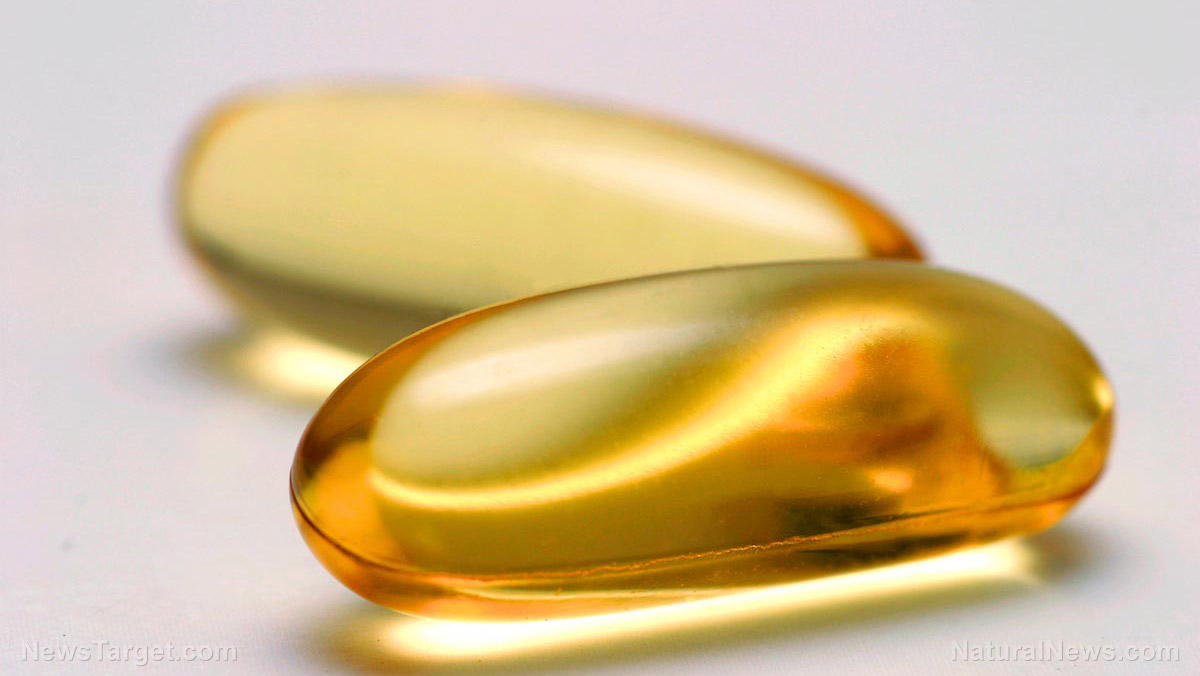 Parler
Parler Gab
Gab
1. Lose extra weight
In overweight or obese people, losing weight can make a huge difference when it comes to maintaining healthy blood pressure levels. That’s because blood pressure increases as weight increases. In addition, being overweight or obese may disrupt your breathing while you sleep. This can also increase your blood pressure levels. The good news is, losing even a small amount of weight can help bring down your blood pressure. Studies have shown that carrying too much weight around your waist can also put you at risk of hypertension. In general, men are at risk of hypertension if their waist measures more than 40 inches (in.). Women are at risk if their waist measures more than 35 in. Try to keep your waistline below these benchmarks.2. Exercise
You don’t need to be hitting the gym for exercise to make a difference. Exercising for 30 minutes five days a week can help lower your blood pressure levels by up to eight millimeters of mercury (mm Hg). “Exercise” in this context can mean everyday activities like walking, dancing or climbing the stairs. You can try high-intensity interval training or strength training as well.3. Eat a balanced diet
It’s not enough that you reduce your salt intake. You have to up your intake of healthy foods as well. Eat lots of fruits, vegetables, whole grains, nuts and seeds. Cut back on foods with saturated fat, such as fatty meats, processed meats, butter, margarine and vegetable oil. Adding potassium-rich foods to your diet can also help lower blood pressure levels. Potassium helps your body flush out excess sodium and eases pressure on your blood vessels. Foods that are rich in potassium include bananas, avocados, oranges, tomatoes, leafy green vegetables, tuna, salmon, nuts, seeds and legumes.4. Limit alcohol intake
Alcoholic beverages are not, by nature, bad. Drinks like wine and beer can even confer certain benefits if drunk sparingly or in moderation. For instance, drinking one to two alcoholic beverages a day may help lower your blood pressure by 4 mm Hg. However, drinking too much can raise your blood pressure by several points.5. Quit smoking
Every puff of cigarette smoke causes a slight increase in your blood pressure. That effect is caused by the many chemicals in tobacco, which can damage blood vessels. Experts haven’t found a definitive link between high blood pressure and smoking. However, smoking has been associated with an increased risk of heart disease.6. Cut back on coffee and tea
Coffee and tea can give your brain a slight, temporary boost because of their caffeine content. But some studies have shown that caffeinated drinks can raise blood pressure up to 10 mm Hg in people who rarely drink them. If you suspect you’re sensitive to the blood pressure-raising effects of caffeine, limit your intake of coffee or tea.7. Learn to manage stress
Stress is a major contributor to high blood pressure. When you’re stressed, your body is in fight-or-flight mode. This response plays a key role in how you deal with stress and danger, real or not, in your environment. The body isn’t meant to be in a constant state of fight-or-flight mode. Unfortunately, factors like a stressful job, financial difficulties and traumatic events can force your body into fight-or-flight mode. On a physical level, that means a faster heart rate and constricted blood vessels. You’re also more likely to engage in unhealthy behaviors like eating junk foods or drinking alcohol if you’re stressed. Junk foods are high in salt and saturated fat. As mentioned earlier, these foods, as well as alcohol, may raise your blood pressure. Therefore, it’s important that you’re able to get a grip on stress and disengage that fight-or-flight response. Try listening to relaxing music, soaking in a hot bath or watching a movie. Reflect on your triggers and identify them so you can better avoid stressful situations in the future. Eating salty foods regularly can severely raise your risk of hypertension. To minimize your risk of hypertension and its related health problems, cut back on your salt intake and practice healthy lifestyle habits like eating a balanced diet, exercising regularly and managing stress. Sources: English.NewsNationTV.com MayoClinic.orgSupplementing with vitamin D found to improve blood pressure in overweight children
By Zoey Sky // Share
Qatari study finds natural immunity is 97% EFFECTIVE against severe COVID even after 14 months
By Ramon Tomey // Share
Polyphenols in acai found to have a prebiotic effect that boosts digestive health
By Zoey Sky // Share
Home gardening tips: How to grow and harvest radishes
By Zoey Sky // Share
Black cumin seed oil can help reduce disease-causing inflammation
By Zoey Sky // Share
Governments continue to obscure COVID-19 vaccine data amid rising concerns over excess deaths
By patricklewis // Share
Tech giant Microsoft backs EXTINCTION with its support of carbon capture programs
By ramontomeydw // Share
Germany to resume arms exports to Israel despite repeated ceasefire violations
By isabelle // Share










